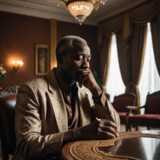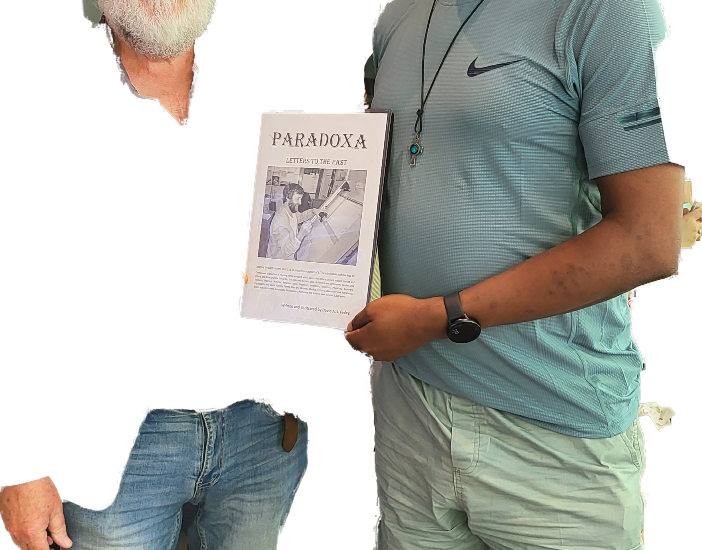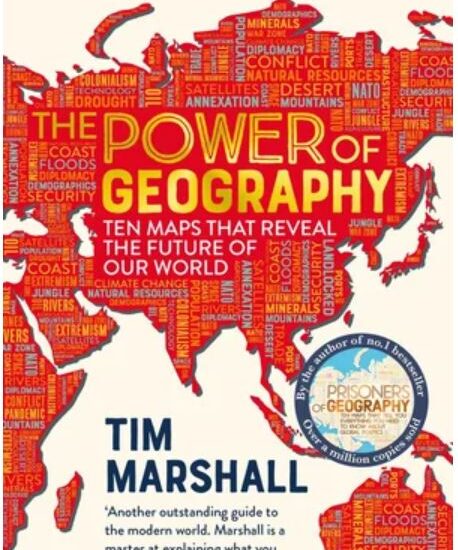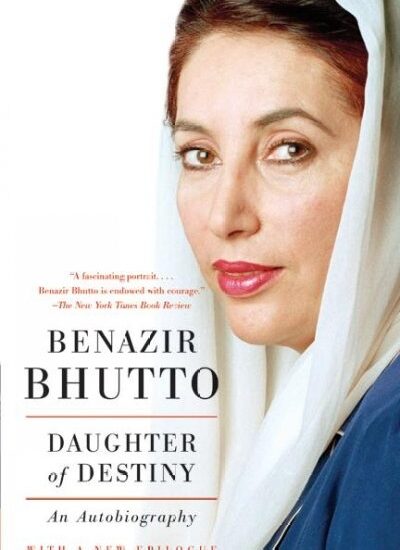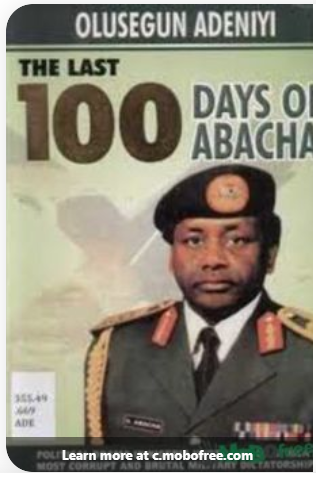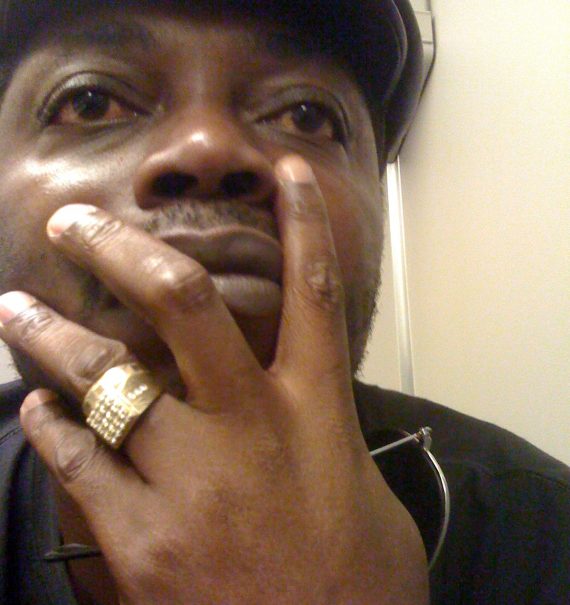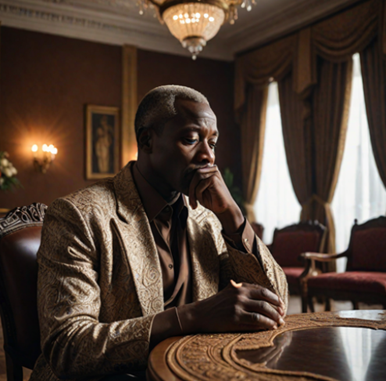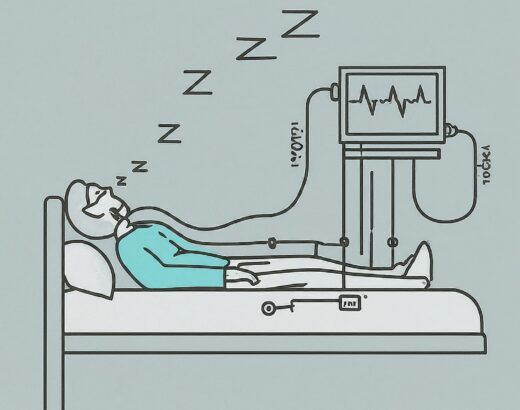David Finley
God's creation are differently gifted. David Finley is a man if many parts. Creative, talented and always engaged in works that makes me marvel at the extent of his abilities.
We meet frequently to discuss and his latest work - Paradoxa, was the subject of our most recent discussion and it brings up the question of leadership and it's distribution the world over.
